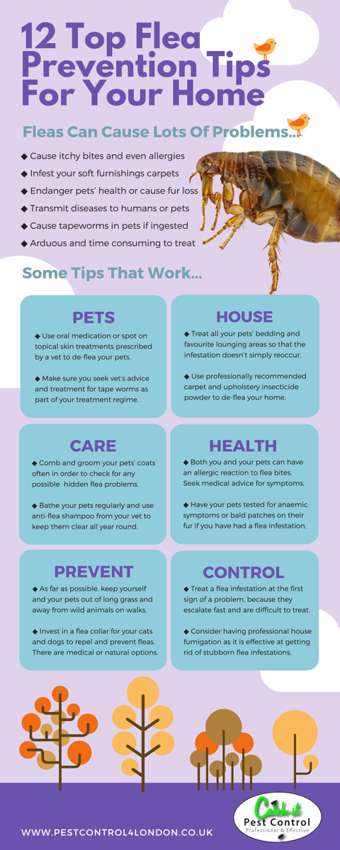The Pros And Cons Of Chemical Bed Pest Treatments: What You Required To Know
The Pros And Cons Of Chemical Bed Pest Treatments: What You Required To Know
Blog Article
Uploaded By-Aaen Espinoza
Did you understand that bed pests are one of one of the most challenging bugs to get rid of? If you're considering chemical therapies to remove these pesky animals, it is very important to consider the advantages and disadvantages.
In this post, we'll explore the efficiency of chemical bed insect therapies, the potential health risks connected with them, and their influence on the environment.
By understanding these aspects, you'll be much better equipped to make an informed decision about tackling your bed insect trouble.
Performance of Chemical Bed Insect Treatments
You will certainly be pleased to recognize that chemical bed insect treatments are typically fairly efficient in getting rid of invasions. These therapies function by targeting the bed insects' nervous system and disrupting their capability to feed and duplicate. By utilizing chemicals especially made to eliminate bed bugs, you can effectively remove them from your home.
One of the advantages of chemical therapies is their capability to get to also the most hard-to-reach areas, such as splits and crevices where bed bugs like to hide. Additionally, chemical treatments can offer long-lasting outcomes, assisting to avoid future invasions.
Nevertheless, it's important to comply with the instructions carefully and take necessary safety and security preventative measures when making use of these treatments.
Potential Health Threats of Chemical Bed Pest Therapies
There are several potential health and wellness dangers connected with chemical bed bug treatments that you ought to recognize. While these therapies can efficiently get rid of bed pests, they may additionally position dangers to your health and wellness.
One typical danger is the direct exposure to harmful chemicals. The chemicals made use of in these treatments can be dangerous if breathed in or if they come into contact with your skin. Some people might experience allergic reactions or respiratory system problems because of this.
In https://telegra.ph/Discover-Important-Understandings-On-How-To-Secure-Your-Fuzzy-Close-Friends-Throughout-Pest-Control-Treatments-05-06 , chemical treatments might leave behind deposit on surface areas, which can be consumed or soaked up with the skin, bring about further wellness issues.
It is essential to thoroughly adhere to the guidelines given by experts and take necessary precautions to reduce the possible wellness dangers associated with chemical bed bug treatments.
Environmental Impact of Chemical Bed Insect Treatments
One possible worry about chemical bed bug therapies is their impact on the setting. When thinking about the ecological effect of chemical bed bug treatments, here are 4 important variables to bear in mind:
1. Chemical drainage: Chemical treatments can potentially infect water resources, bring about harmful impacts on marine life and communities.
2. Air air pollution: The release of chemical fumes throughout therapy can contribute to air contamination, influencing not only the setting however likewise human health and wellness.
3. Harm to beneficial pests: Chemical treatments may not just target bed insects but also injury beneficial bugs such as and butterflies, which play necessary roles in pollination.
4. Long-lasting results: Making use of chemicals may have lasting repercussions on the setting, consisting of soil contamination and interruption of natural ecological communities.
Considering these aspects, it's vital to evaluate the prospective dangers and benefits of chemical bed insect therapies and check out alternate, extra eco-friendly choices.
Final thought
So, when it comes to chemical bed insect treatments, there are absolutely pros and cons to consider.
On one hand, they can be very efficient in getting rid of these pesky insects.
Nevertheless, there are Rodent biology to be familiar with, as well as the ecological effect of using chemicals.
It's important to consider these variables very carefully before selecting a treatment method.
But, what happens if there was an additional solution? Something that could efficiently get rid of bed insects without the downsides?
Keep tuned, because there might simply be an unusual alternative imminent.
